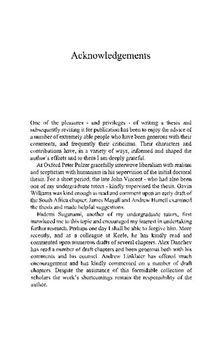 جزییات کتاب
جزییات کتاب
This is a study of the relationship between liberalism, liberal states and peace. Basing his approach on a synthesis of political philosophy and history, John MacMillan explores the concept and manifestations of liberal pacifism, to argue that it is most pronounced when associated with an anti-statist, cosmopolitan form of liberalism. He traces the emergence of a liberal international order and stresses certain key elements such as the rights of the individual in international society, liberal notions of political economy and self-determination, and the area of civil-military relations, in order to show the way in which liberals have regarded peace as a unique primary good. The analysis rests upon a distinction between “liberalism”, understood as an evolving ethical discourse, and “liberal states” which may in practice contain a number of ideological strands, some of which - such as statism, nationalism and imperialism - are antithetical both to liberalism and to peace. Through this distinction, MacMillan moves beyond the current understanding that liberal pacifism is manifest only in relations between liberal states, and argues for recognition of a broader eirenic legacy.
He defends this claim against the historical record of violence by liberal states, and considers in particular World War I, the South African war, 1899-1902, the Suez war, the French wars of decolonization and the Vietnam war.
 دانلود کتاب
دانلود کتاب
 جزییات کتاب
جزییات کتاب









 این کتاب رو مطالعه کردید؟ نظر شما چیست؟
این کتاب رو مطالعه کردید؟ نظر شما چیست؟
